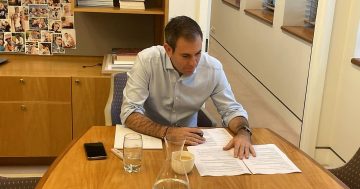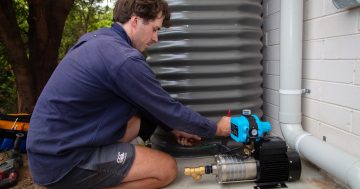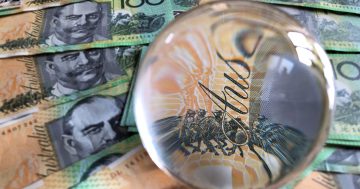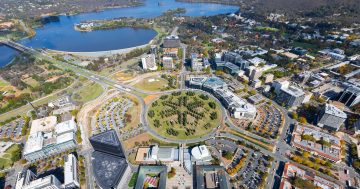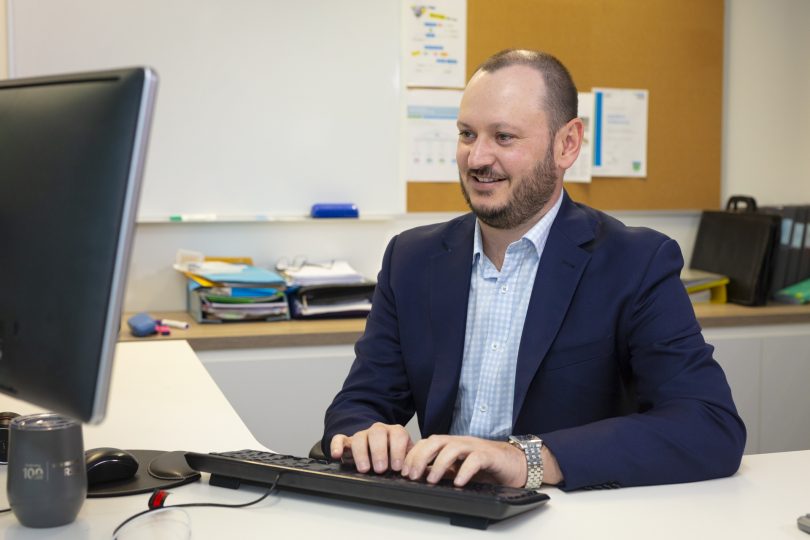
Chris Oates has warned against making rash decisions regarding proposed tax changes. Photo: Thomas Lucraft.
Accountancy firm RSM Australia says we should tread cautiously and seek advice before making investment and financial decisions in response to proposed changes to the superannuation tax system.
The Federal Government has introduced legislation which seeks to tax super amounts of more than $3 million at a rate of 30 per cent, up from 15 per cent. This new rate will also apply to unrealised capital gains – the amount an asset has increased in value over the financial year, even if the asset hasn’t been sold.
This superannuation reform bill has been passed in the House of Representatives and is now before the Senate. If passed by the Senate, the changes would come into effect on 1 July 2025.
“A lot of people are looking at the proposed changes as if they’re black and white, which is not possible, because superannuation is such a complex area,” says Chris Oates, a financial planner and director at RSM Australia.
“There are different types of super funds and it’s never one size fits all.”
The proposal to tax unrealised capital gains has been criticised by media and crossbench members of parliament.
“People shouldn’t be taxed on paper profits they may never see,” independent member for Wentworth Allegra Spender has said.
“I’m really concerned about the impact on the startup and innovation sector, in particular, which is an area we need to see grow rather than diminish.”
A recent Australian Financial Review article also suggested the government reforms amounted to a “double tax” – as super fund holders are slugged each year as their assets rise in value and then hit with capital gains tax once they sell the asset.
Mr Oates says the devil will be in the detail.
“My understanding is that unrealised gains have not been taxed in Australia in the past. Generally, you’ve only had to pay tax on a property, farmland or asset when you sold it,” he says.
“What hasn’t been made clear is what sort of allowance or credit you may get for tax already paid when you do sell something.”
He says we should tread carefully before making investment and financial decisions in response to a reform that has not yet become law.
“Any changes would affect different types of investors in different ways. If somebody owns farmland, or the commercial building they do business out of, they generally can’t take money out of their asset. But someone with a share portfolio may be able to do that.
“There are a lot of grey areas depending on what your personal situation may be. That’s why it’s really important to get advice on this. It’ll be a conversation between financial advisers and accountants looking at the cost of moving assets, including potential realised capital gains when you move assets and the tax you might have to pay.”
A fact sheet on the proposed superannuation tax changes can be found on the Treasury website.













